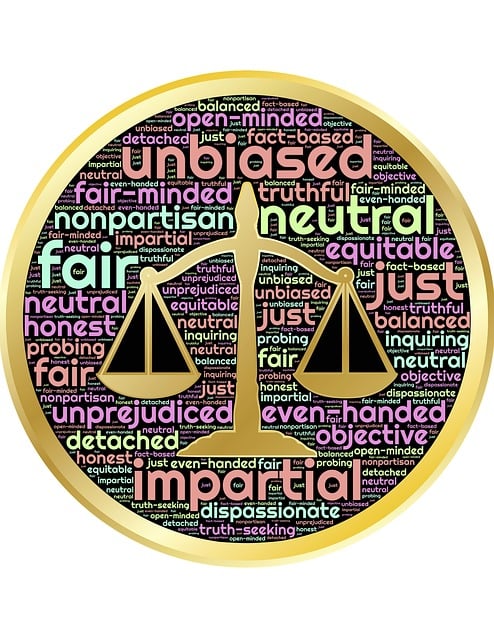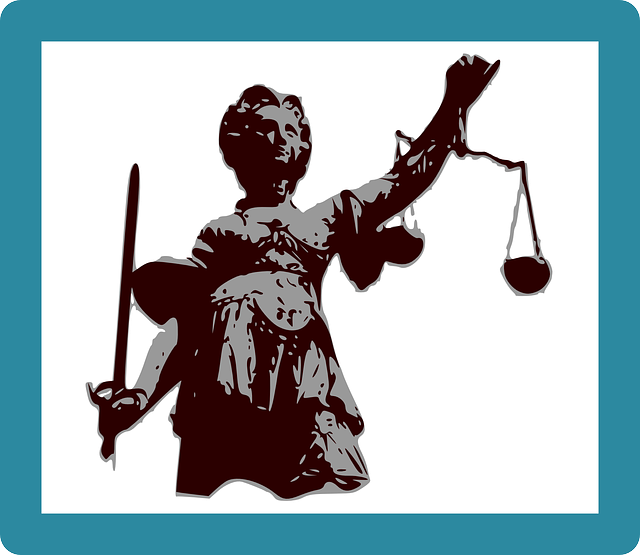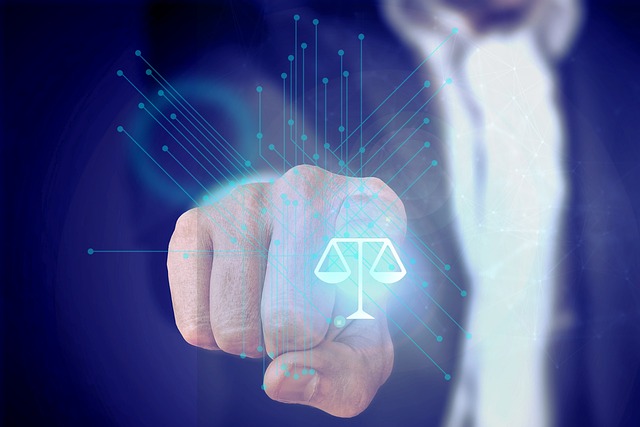Criminal law cases follow specialized procedures, starting with an investigation and charges filed by a prosecutor. Accused individuals have the right to legal representation, choosing between a guilty plea or trial. Serious cases may involve jury trials. Understanding the Steps in Administrative Law Proceedings ensures fairness, protects rights, and is crucial for strategic defenses, especially in complex white-collar crime cases. These proceedings vary by offense severity, with successful outcomes requiring detailed attention and a deep understanding of both business and criminal laws.
“Delve into the intricate world of criminal law cases, where every step matters. Understanding the fundamentals is key; from the moment a person is arrested, a series of legal procedures unfold. This article guides you through the entire process, from arrest to trial, revealing the rights of accused individuals and common offense categories.
Explore the ‘Steps in Criminal Proceedings’ to grasp how evidence is handled and defenses are built. Uncover the protections in place for those facing charges, ensuring a fair system. By understanding these basics, we can navigate the complex landscape of criminal law.”
- Understanding Criminal Law Cases: The Basics
- Steps in Criminal Proceedings: From Arrest to Trial
- Legal Rights of Accused Individuals: Protection and Defense
- Common Types of Criminal Offenses and Penalties
Understanding Criminal Law Cases: The Basics

Criminal law cases involve a wide range of offenses and are governed by specific legal procedures that differ from civil lawsuits. Understanding the basics is crucial for anyone interested in this field or facing criminal charges. The first step in any criminal case is the investigation, where law enforcement officials gather evidence to determine if there’s sufficient cause to charge an individual. This is a critical phase, as it sets the tone for the entire process.
Once enough evidence is gathered, the next step is the filing of charges by a prosecutor. This is followed by an arrest or citation, depending on the severity of the crime. The accused then has the right to legal representation and can either plead guilty or stand trial. Jury trials are a common outcome in serious cases, where the burden of proof lies with the prosecution to achieve extraordinary results and secure a conviction beyond a reasonable doubt. The Steps in Administrative Law Proceedings play a vital role in ensuring fairness throughout this process for his clients.
Steps in Criminal Proceedings: From Arrest to Trial

The journey through criminal law proceedings begins with an arrest, marking the initiation of a carefully structured process. This involves several critical steps that ensure fairness and due process for both the accused and the prosecution. Initially, after an arrest, the individual is taken before a magistrate or judge who conducts a probable cause hearing to determine if there’s sufficient evidence to support the charges. If found plausible, the accused is formally charged, triggering the commencement of the trial preparation phase.
This period encompasses all stages of the investigative and enforcement process, from gathering and analyzing evidence to building a defense strategy. The defendant’s respective business during this time is to understand the charges, consult with legal counsel, and decide on a plea, which could range from pleading guilty to avoiding indictment altogether. Ultimately, the case proceeds to trial where both parties present their arguments and evidence before a jury or judge, who then renders a verdict based on the facts and applicable laws.
Legal Rights of Accused Individuals: Protection and Defense

In any Criminal Law Case, understanding the legal rights of accused individuals is paramount to ensuring a fair and just process. These rights serve as a shield, protecting them from arbitrary actions and providing a robust defense mechanism. The first step in safeguarding these rights involves comprehending the Steps in Administrative Law Proceedings. This includes the right to remain silent, ensuring that any statements made can be used against them in court, and the right to legal counsel, which facilitates a proper defense strategy.
A crucial aspect of these protections is the ability to avoid indictment and secure a complete dismissal of all charges. This often requires a strategic approach, especially in complex cases involving white-collar crime. Skilled legal representation can navigate these proceedings, ensuring that the accused’s rights are respected and that any evidence presented is both admissible and obtained legally. Effective defense strategies may include challenging the admissibility of evidence, exposing procedural irregularities, or negotiating plea agreements that result in reduced charges or alternative sentences.
Common Types of Criminal Offenses and Penalties

Criminal law cases encompass a wide range of offenses, each with its own set of penalties. From minor misdemeanors to grave felonies, understanding the common types and their respective punishments is crucial for both legal professionals and the general public. Misdemeanors, such as petty theft or simple assault, often result in relatively lighter sentences, including fines and short jail terms. In contrast, serious crimes like aggravated assault, robbery, or even homicide carry severe penalties, potentially involving lengthy prison sentences and substantial monetary fines.
The steps in administrative law proceedings also play a significant role in criminal cases, especially in high-stakes situations. These procedures ensure fairness and due process, allowing individuals to challenge accusations and defend their rights. Achieving extraordinary results in such complex legal battles demands meticulous attention to detail, robust strategic planning, and a deep understanding of both the respective business and the intricate laws governing criminal offenses.
Criminal law cases navigate a complex process, from understanding the basics of criminal proceedings to recognizing the legal rights of accused individuals. By familiarizing ourselves with the steps involved—from arrest to trial—and the common types of offenses and penalties, we can better appreciate the intricacies of this critical area of law. The knowledge gained from these insights is essential for both those seeking justice and those aiming to protect their rights in the event of an accusation. Moreover, understanding these proceedings fosters a more informed society, enabling folks to navigate the legal landscape with confidence and clarity.






